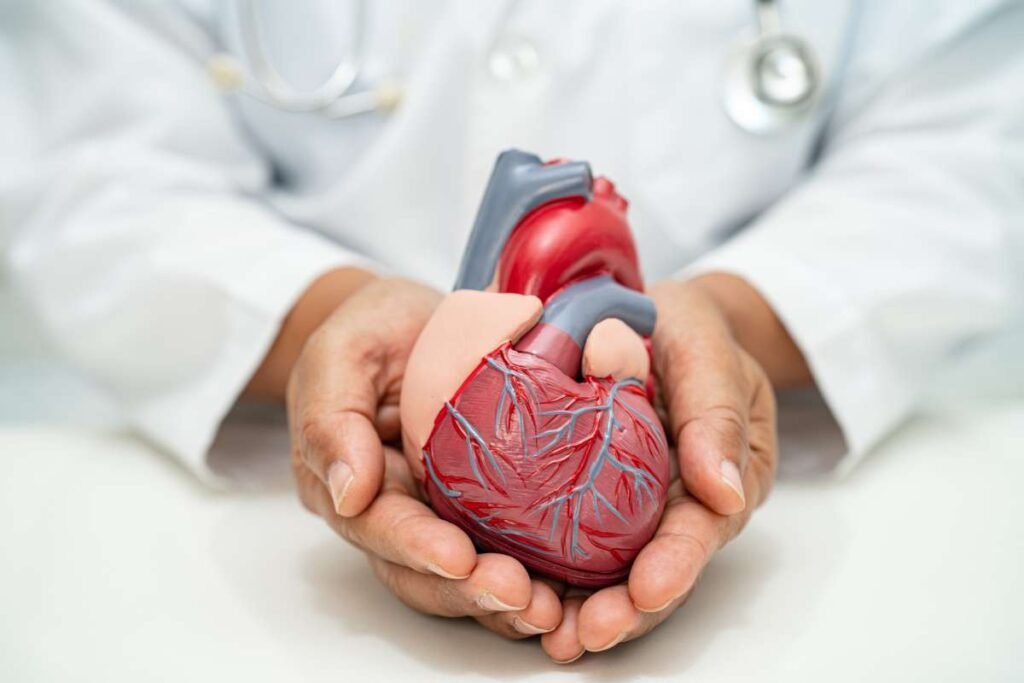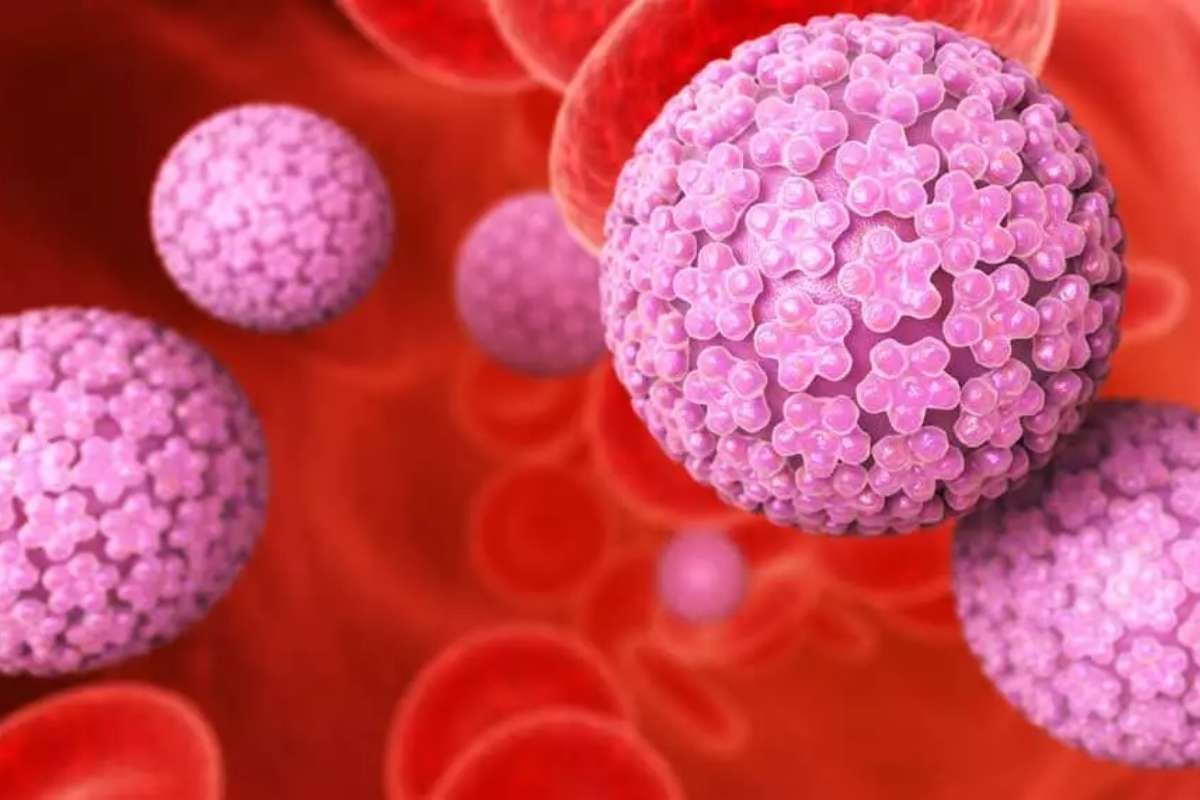For generations, high cholesterol has been considered a leading indicator of heart disease and early mortality. The prevailing belief warned against consuming foods like red meat, cheese, and eggs due to their cholesterol content. The logic followed that dietary cholesterol raised blood cholesterol—particularly low-density lipoprotein (LDL cholesterol ), often dubbed “bad” cholesterol—thereby increasing the risk of heart attack and stroke.
LDL cholesterol has long been linked to artery-clogging plaque, while high-density lipoprotein (HDL), the “good” cholesterol, is known for its role in removing LDL from the bloodstream. When HDL levels drop too low, LDL can accumulate unchecked, raising health risks. However, new insights reveal this narrative may be only a partial truth. Researchers now argue that the real issue lies not in elevated LDL, but in insufficient HDL levels.
This oversimplification of cholesterol’s role in the body has led to decades of pharmaceutical and diet trends aimed at reducing LDL levels. The result? A booming $47 billion cholesterol-lowering drug market and an $8.4 billion diet food industry—both rooted in the now-contested assumption that high cholesterol is the sole culprit in heart disease.
Recent findings by metabolic researcher Dr. Nick Norwitz have upended conventional wisdom. In a groundbreaking study, he observed patients with extremely high LDL cholesterol who exhibited no signs of arterial plaque—a key marker of heart disease. One of his patients, a woman in her 60s with astronomically high LDL levels, had zero plaque buildup and remained in excellent health after years of observation.
Dr. Norwitz’s study focused on 100 individuals following a strict ketogenic diet, which is low in carbohydrates and high in fats. Although these dieters had elevated LDL cholesterol, they also displayed exceptional metabolic health: high HDL levels, normal blood sugar, minimal inflammation, and no signs of obesity, insulin resistance, or diabetes.
The study found that these individuals produced large, buoyant LDL particles—distinct from the small, dense LDL particles typically associated with artery-clogging. Their livers were functioning efficiently, producing the “less sticky” form of cholesterol, and their LDL receptors were working properly. As a result, these individuals did not require cholesterol-lowering medications like statins.
LDL cholesterol
Dr. Norwitz and other researchers are now calling for a reevaluation of how cholesterol is used as a biomarker for cardiovascular risk. He argues that LDL cholesterol alone is not a sufficient predictor of heart disease without considering the broader metabolic profile of a patient.
The study suggests that genetics, physical inactivity, high blood pressure, smoking, obesity, and diabetes may play a more significant role in heart disease than previously thought. “We’ve focused in medicine on biomarkers we can act upon with drugs,” Norwitz said, “but metabolic health deserves more attention.”
While this research challenges decades of medical orthodoxy, it doesn’t dismiss cholesterol entirely—it simply reframes the conversation. The findings underscore the complexity of heart disease and the danger of relying too heavily on simplified narratives. Although further studies are needed, this research opens the door to a more nuanced and personalized approach to cardiovascular health.
Also Read :– Food-as-Medicine: The Diet Revolution That Could Save Billions in Healthcare










